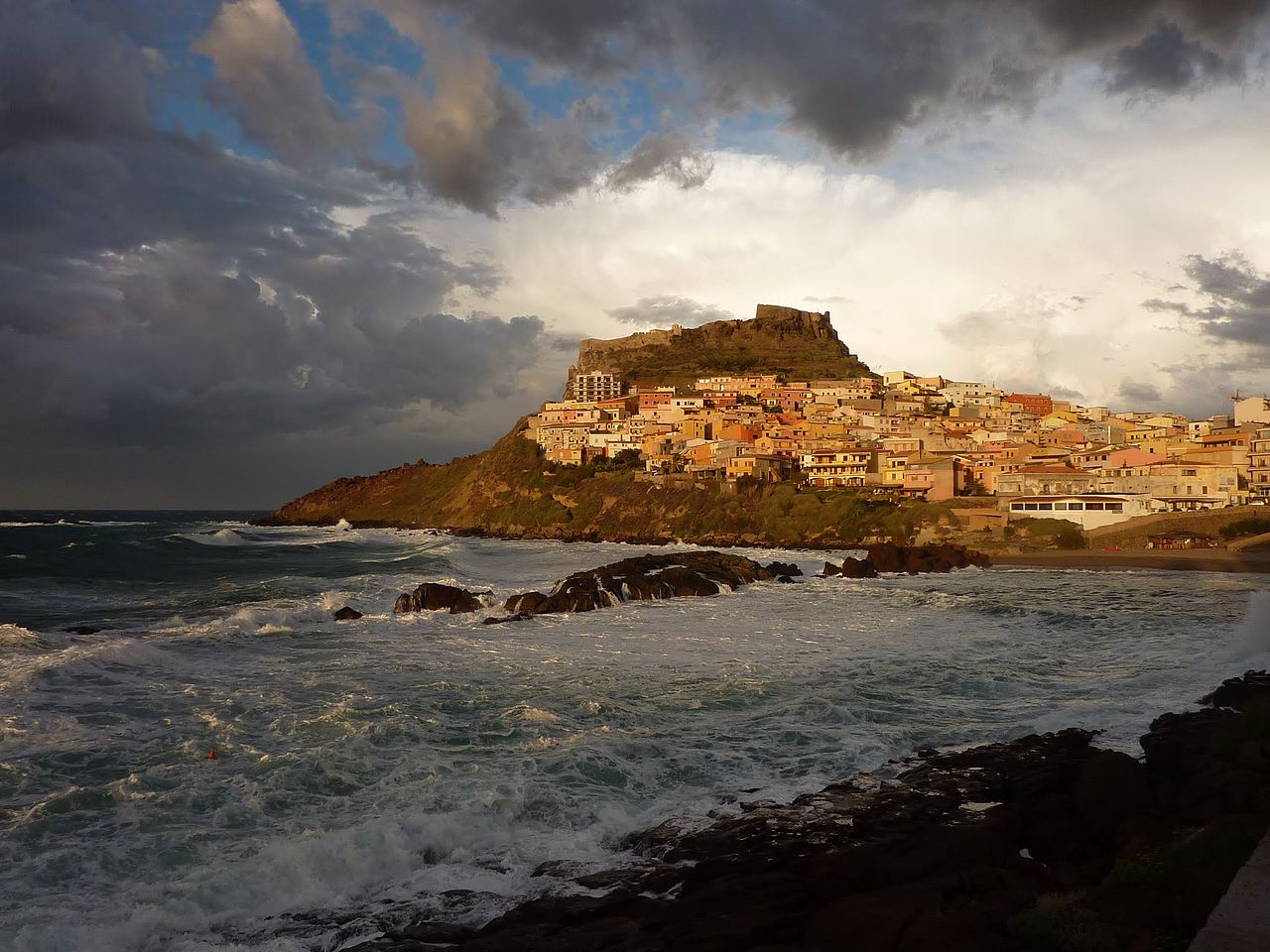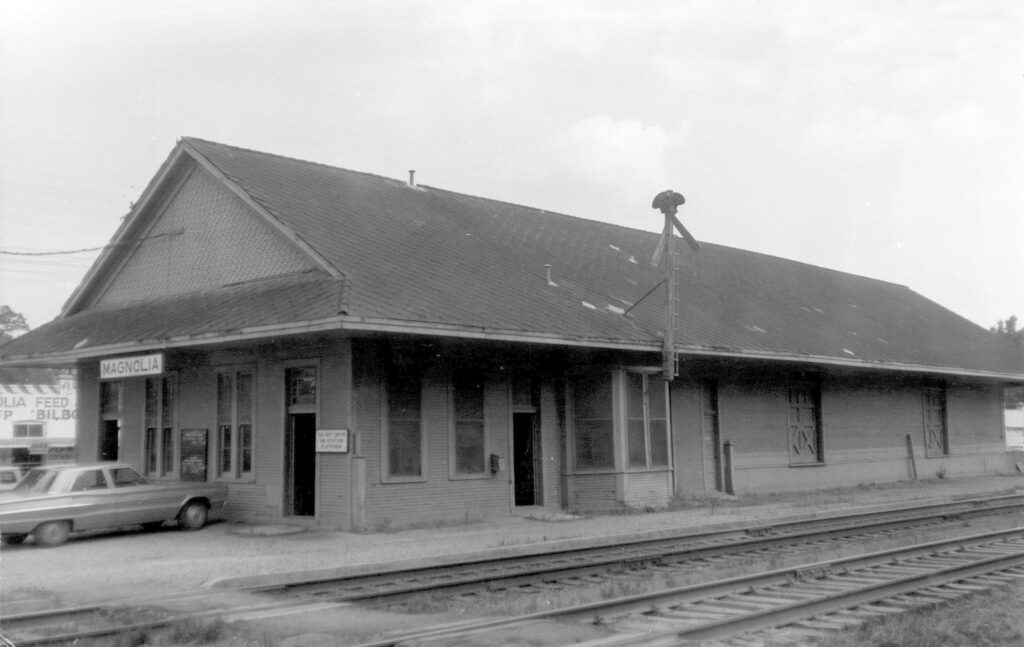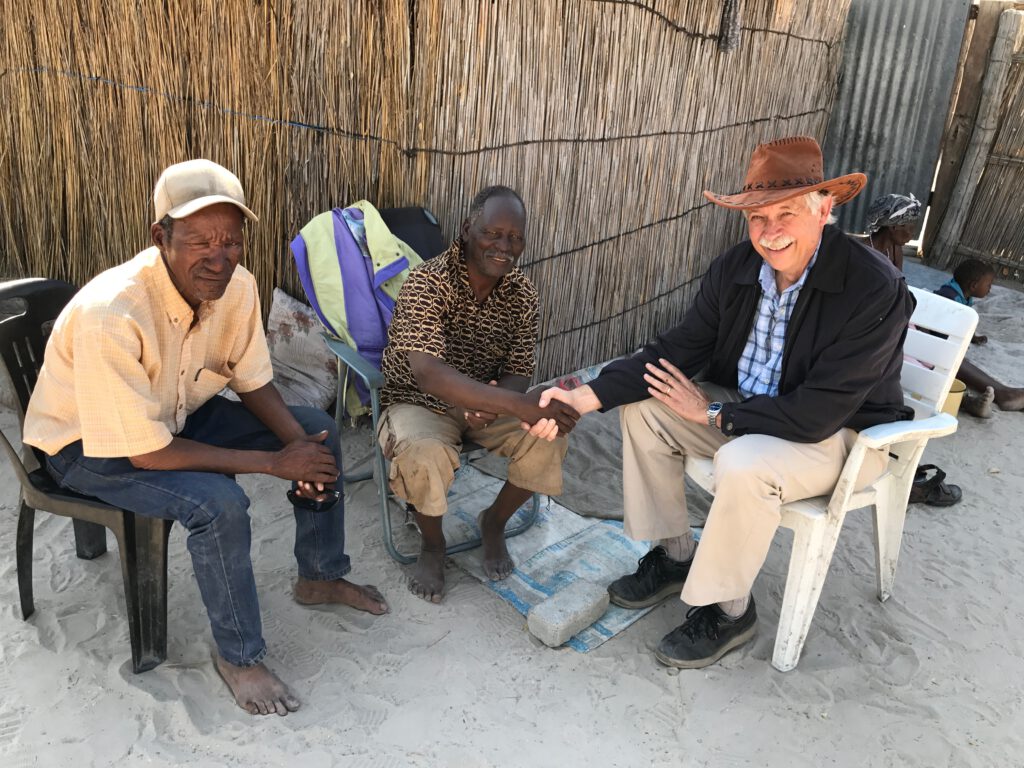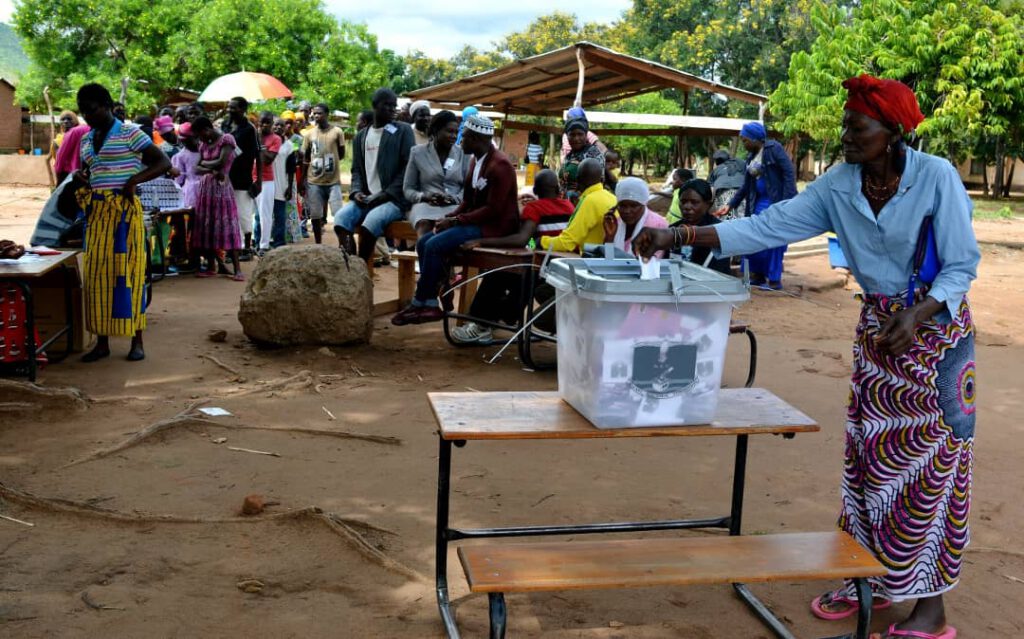I have a fascination for islands. It surfaced when this eight-year-old roamed Defoe’s ‘Robinson Crusoe’, castaway on the ‘Isle of Despair’. These penchants rise somehow from the depths of psyche, roused in me by childhood stops where island names ring like rhapsody: Hawaii, Formosa (now Taiwan), Honshu, Cebu, Penang, Java, Ceylon (now Sri Lanka). Then, in time, the largest river island in the world, Majuli, that lies mid-stream of India’s Brahmaputra river. And later, visits to Corsica, Iceland, the Maldives, Bali, Prince Edward Island, St. Croix, Victoria Island. Walking the precincts of Robben Island (South Africa) seemed like political pilgrimage.
But take an hour’s bus ride out of Rome to Civitavecchia, and there at the pier you’ll find yourself gazing out across the Tyrrhenian Sea, what the Romans first called ‘mare nostrum’, our sea. A ferry will take you to Olbia, on Sardinia’s northeast shore, the Costa Smeralda, one of Europe’s most exclusive playgrounds. The Aga Khan loved its charms: emerald waters, sweeping sandy beaches framed by granite outcrops, ancient ruins, everything drenched in a brilliant Mediterranean sunshine long sought by landscape painters. Alas, the Aga Khan’s yacht soon attracted notice. Now the marinas are home to the most opulent sea craft in the world, drawn to such secluded, caviar enclaves. Polo and regattas are the season’s highlights.
Our family threesome, stubbornly alternative, rolled up into the hills in a tiny Fiat. A provincial road climbs away from the port through cork tree orchards, past shepherds leaning on their crooks or sheltering beneath rock ledges as flocks of sheep browse the ridges. Traversing the highlands, we found lodging above a black pebble beach beyond Isla Rossa within reach of a village restaurant. South along the coast stood Castel Sardo, its tumbled-down fort jousting with the surf.

A sign that Sardinia is not all pastoral charm came as we frolicked in warm surf opposite Corsica. A low-slung frigate bristling with antennae and weapons slipped through the straits vanishing into an archipelago. A beachcomber tells me that major military installations have come to the island. In fact, he says with a cluck of the tongue, a third of the island has been requisitioned as a NATO proving ground for weapons and war games. Then we learn that the adjoining settlements have raised an alarm about a rash of cancers and birth defects. Depleted uranium and thorium, say investigators. Sardinians rally regularly now to protest at the gates of these facilities, waving their banners and seeking redress, a traditional people only beginning to grasp what has befallen them. One analyst calls the island the ‘aircraft carrier of the Mediterranean.’
Leisure days ended, we returned to Olbia, said farewell to Sardinia and made our way through the press of ferry passengers to find seats. In a stairwell we came upon an image that will never be erased for its jarring effect. Slumped on a landing between decks was a young woman and her infant – a madonna and child. Beneath an oversized hoodie, a harsh light fell upon a face entirely covered with a patchwork of bandaids (‘plasters’) leaving only narrow slits for eyes, nose and mouth. This was no clinical measure. It was something created, almost art-like: to communicate something urgent and ghastly to the world. That there was some inner wound whose pain lay beyond the power of any poultice to touch or heal. It belonged to the tortured recesses of the world of Stephen King or Edgar Allan Poe. That an infant lay cradled in that frame was beyond bearing.
Though I slipped her awkwardly a gift, there was no calming the choppy tide that brought us back to Civitavecchia. And the thousands of miles that we have since put between us and that scene have failed to ease the recollection of its suffering and defeat.
It is not only Crusoe who has fled, for all its charms, the Isle of Despair.



Oh, such tenderness .. such poignancy. Oh Creator os the Ilses, bring healing to your people.
Earl
You touch us all with your descriptions and memories. So sad. If you read Rejoice devotionals, a similiar story last week of humanity (children) in Honduras who sniff glue til their brains barely work. So, so, sad.